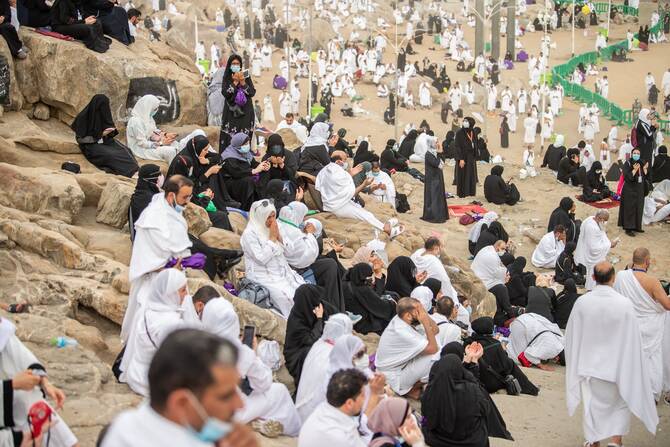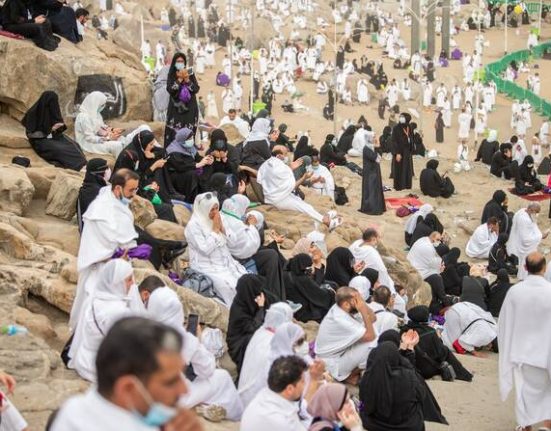As preparations for Hajj 2025 intensify across the Kingdom of Saudi Arabia, the historic city of Taif often regarded as Mecca’s highland twin is bracing itself for a massive influx of pilgrims. Positioned just 75 kilometres from the Holy City, Taif plays a crucial logistical role in accommodating pilgrims heading to Mecca, especially those arriving via land borders and domestic air routes.
Local authorities in Taif have swung into full action to ensure a smooth, secure, and dignified pilgrimage season. Under the leadership of Mayor Abdullah Al Zaidi, the municipality has activated a comprehensive operational plan to support Hajj-related services throughout the city. The mayor emphasized the need for “maximum flexibility” and swift implementation of services to ease the movement of pilgrims, whether they arrive through the city’s international airport or by road from Gulf Cooperation Council (GCC) countries and other parts of the Kingdom.
Taif is part of the Mecca administrative region and traditionally serves as a key rest and transit hub for pilgrims. This year, officials are focusing on enhancing support at vital security screening points while also ramping up field inspections of food vendors, markets, and other commercial outlets to maintain public health standards.
Particularly significant is the readiness of Taif Airport, which is one of six Saudi airports officially designated to handle Hajj traffic in 2025. The others include King Abdulaziz International Airport in Jeddah, Prince Mohammed bin Abdulaziz Airport in Medina, Prince Abdulmohsen bin Abdulaziz Airport in Yanbu, King Khalid International Airport in Riyadh, and King Fahd International Airport in Dammam. Collectively, these airports will be operating through 11 terminals and manned by a workforce exceeding 18,000 personnel to ensure swift processing and assistance to pilgrims.
According to the Saudi General Authority of Civil Aviation (GACA), more than 3 million seats have been allocated for both domestic and international Hajj pilgrims, with a combination of scheduled commercial and charter flights expected to ferry worshippers into the Kingdom.
In the 2024 pilgrimage, an estimated 1.8 million Muslims successfully completed Hajj rites, of which approximately 1.6 million came from countries outside the Kingdom. Hajj, one of the five pillars of Islam, remains a compulsory act of worship for all Muslims who are physically fit and financially capable of making the journey at least once in their lifetime.
With heightened coordination between municipal, aviation, and security authorities, Taif is positioning itself not merely as a transit point, but as a key guardian of the pilgrim experience prioritizing health, safety, and spiritual ease as millions prepare to answer the sacred call to Mecca.

